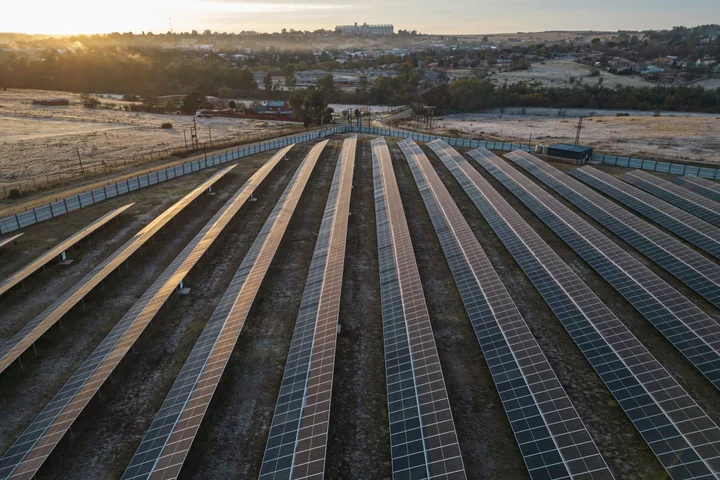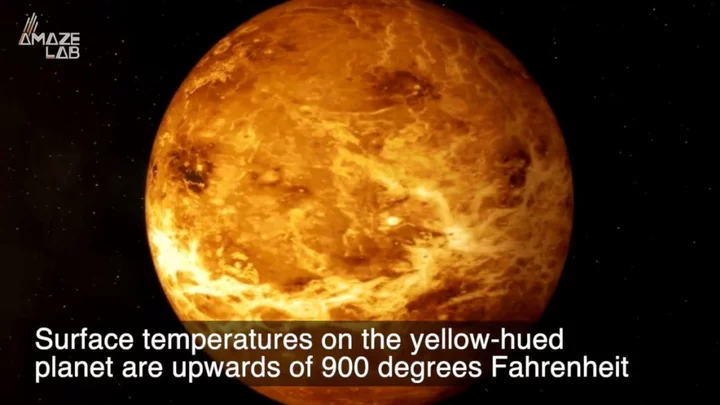The European Union’s plan to put a carbon levy on imported goods from outside the bloc is an attempt to shift the burden for climate action to developing countries and may contravene World Trade Organization rules, South Africa said.
The so-called carbon border adjustment mechanism, which will start coming into effect in October, would risk $1.5 billion of annual exports from South Africa, which generates more than 80% of its power from coal, the country’s Department of Trade, Industry and Competition said in a submission to the European Commission.
“CBAM has the effect of transferring the burden of climate action onto developing economies and places undue and unjust burdens on our country and industries,” the department said in its submission this month. “The high dependence on the extraction and export of raw materials for beneficiation elsewhere is a historical legacy that was imposed upon us,” it said in a reference to Europe’s colonial past.
While South Africa is pushing to build more renewable power plants it’s struggling to raise the finance to do so and is grappling with placating interest groups in the coal industry, including workers who may lose their jobs. It’s key exports include coal and metals such as platinum and gold that are largely produced using electricity generated from the fossil fuel. It’s manufactured exports, such as cars, also rely on coal-generated power.
South Africa is the world’s 14th-biggest source of greenhouse gas emissions.
The department, in the submission, stressed its commitment to the energy transition, including an ambitious emission reduction target, but said that the CBAM planned by the EU was unfair, protectionist and would be counterproductive.
“The framing of the EU’s CBAM policy is considered to be coercive, as it imposes climate mitigation policy onto developing countries,” it said. “Rather than driving climate ambition, it risks compromising our ability to achieve our climate objectives.”
The result, it said, would advantage exports coming into the EU from richer countries and increase inequality, poverty and unemployment in countries like South Africa.
The country is not alone in its concerns. The EU plans have already caused diplomatic unease in China and India, while a Cameroonian aluminum refinery pleaded for assistance to reduce its emissions in its own submission to the commission.
For its part, the EU argues that the CBAM is in line with international trade rules as an environmental measure, designed to stop industry from moving carbon emissions outside of the bloc as it imposes stricter climate measures on industry. It also says the mechanism has been designed to be WTO-compliant and will assess the impact of the measure on the poorest countries.
Still, that argument hasn’t won favor with South Africa.
Leading industrial nations are likely to benefit from “reciprocal exemptions” under measures being discussed, meaning that the CBAM will breach WTO non-discrimination rules, it said.
“There are two moral and practical imperatives that need to be respected: historical responsibility for current environmental degradation and the capability to address the problem,” the South African government body wrote.
Johannesburg’s Business Day reported on the submission earlier.
--With assistance from John Ainger.









